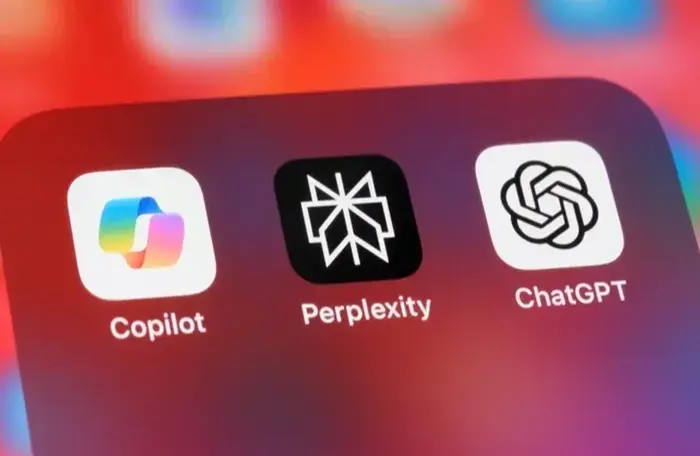Global Report – The advent of ChatGPT sparked considerable anticipation regarding a seismic shift in the travel search marketing landscape, with many believing that the integration of artificial intelligence would lead to rapid changes. However, this transformation has not materialized as quickly as expected.
Mario Gavira, vice president of growth at the online travel agency Kiwi, remarked, “When the whole ChatGPT phenomenon emerged, I was very optimistic that it would significantly disrupt the industry because of the excitement it generated among users. In reality, it didn’t have much of an impact, if any at all.”
The first substantial evaluation of AI’s influence on search capabilities occurred when Microsoft began incorporating OpenAI’s GPT-4 into its search results in February 2023. At that time, Bing held a mere 2.8% market share, while Google dominated with 93.4%. Fast forward a year, and Bing’s share has increased only slightly to 3.3%, while Google’s has decreased to 91.6%, according to Statcounter data.
This data suggests that the impact of generative AI on search marketing is evolving gradually rather than revolutionizing the sector outright.
“There will be a slow transition from traditional search to a model that integrates search and AI,” stated Robert Patterson, head of the AI expertise center at travel marketing firm MMGY Global.
Patterson added that as the landscape evolves, advertising budgets are expected to follow suit. “Brands have become heavily reliant on pay-per-click performance and are confident that this approach is a secure investment. Consequently, there is a level of hesitation to transition towards AI-driven methods.”
He concluded, “Relevance is paramount, and if AI can provide more pertinent and comprehensive results, it will ultimately prevail in the marketplace.”
Related Topics:
8 Best Things to Do in New York City on a Day Walking Tour
10 Places to Visit in New York in December
10 Things to Do in December NYC

